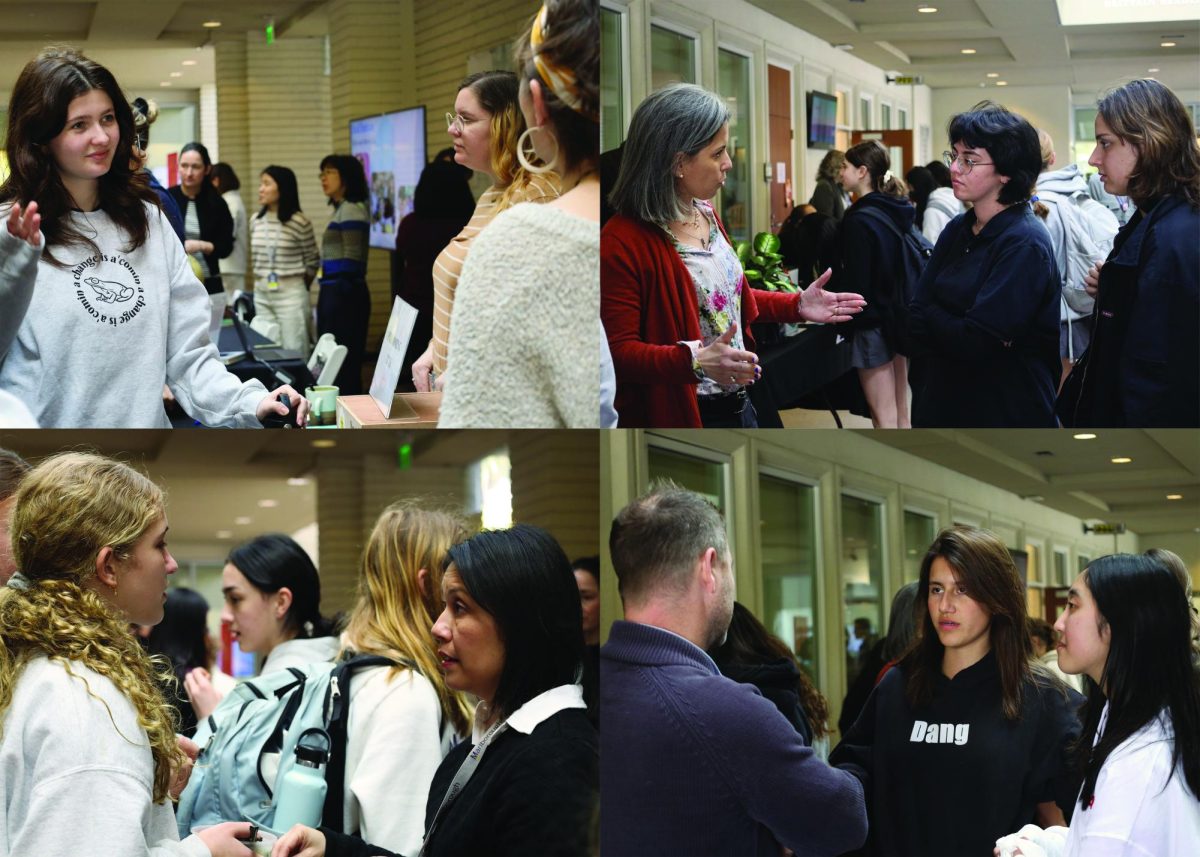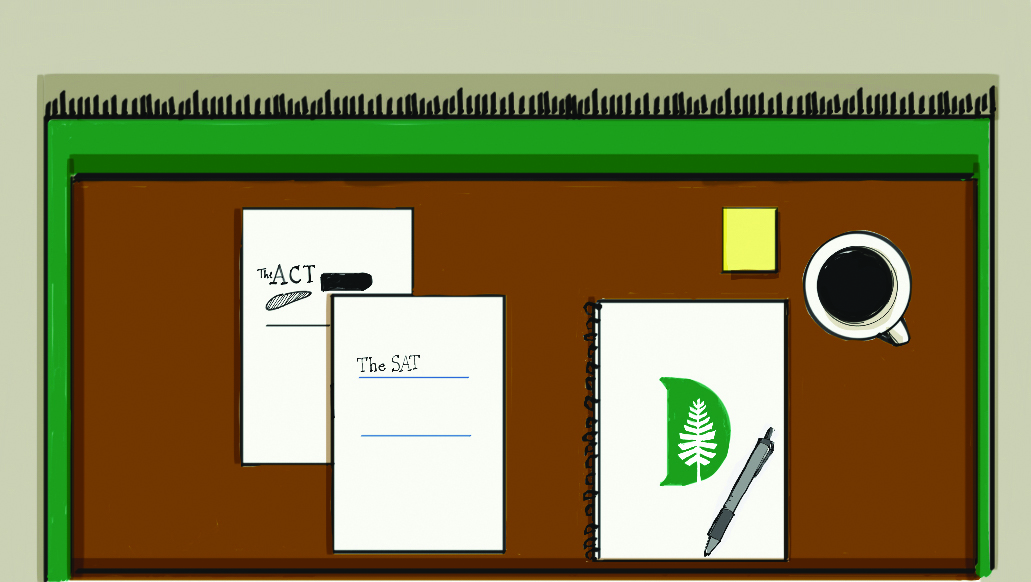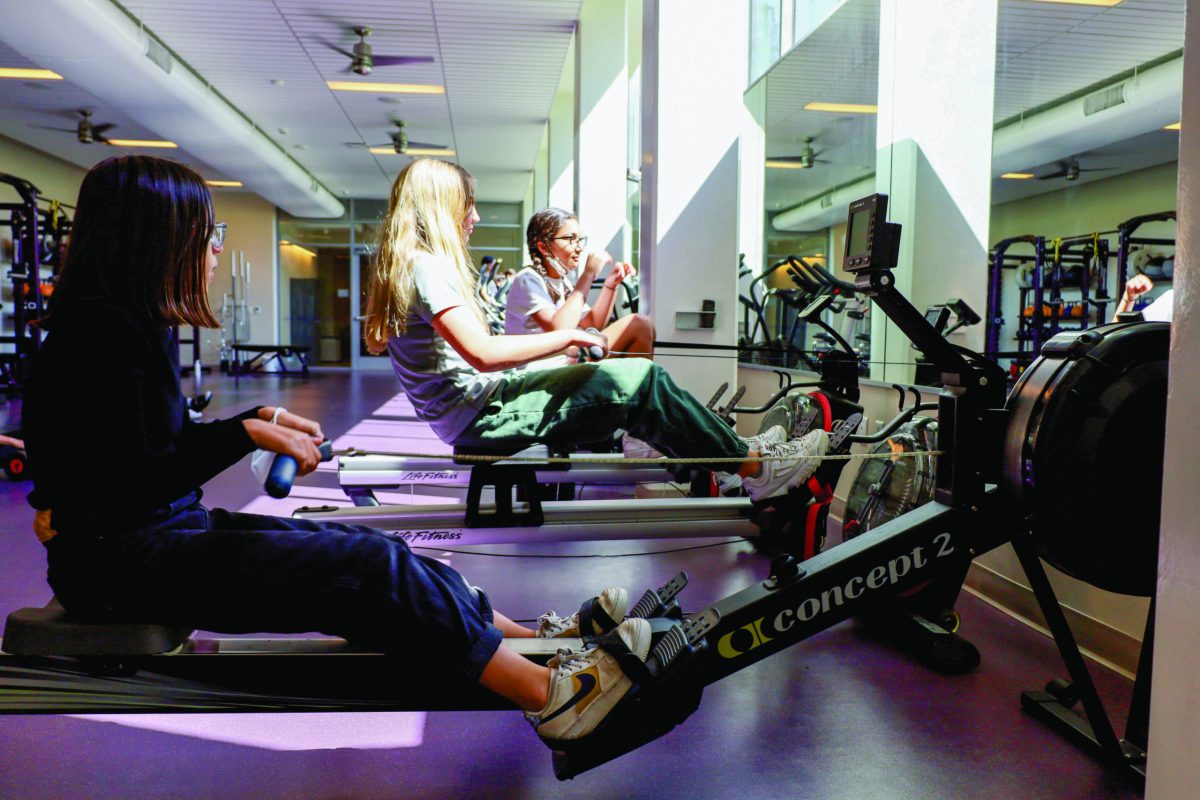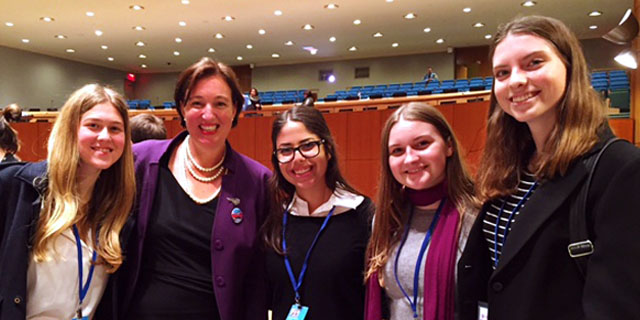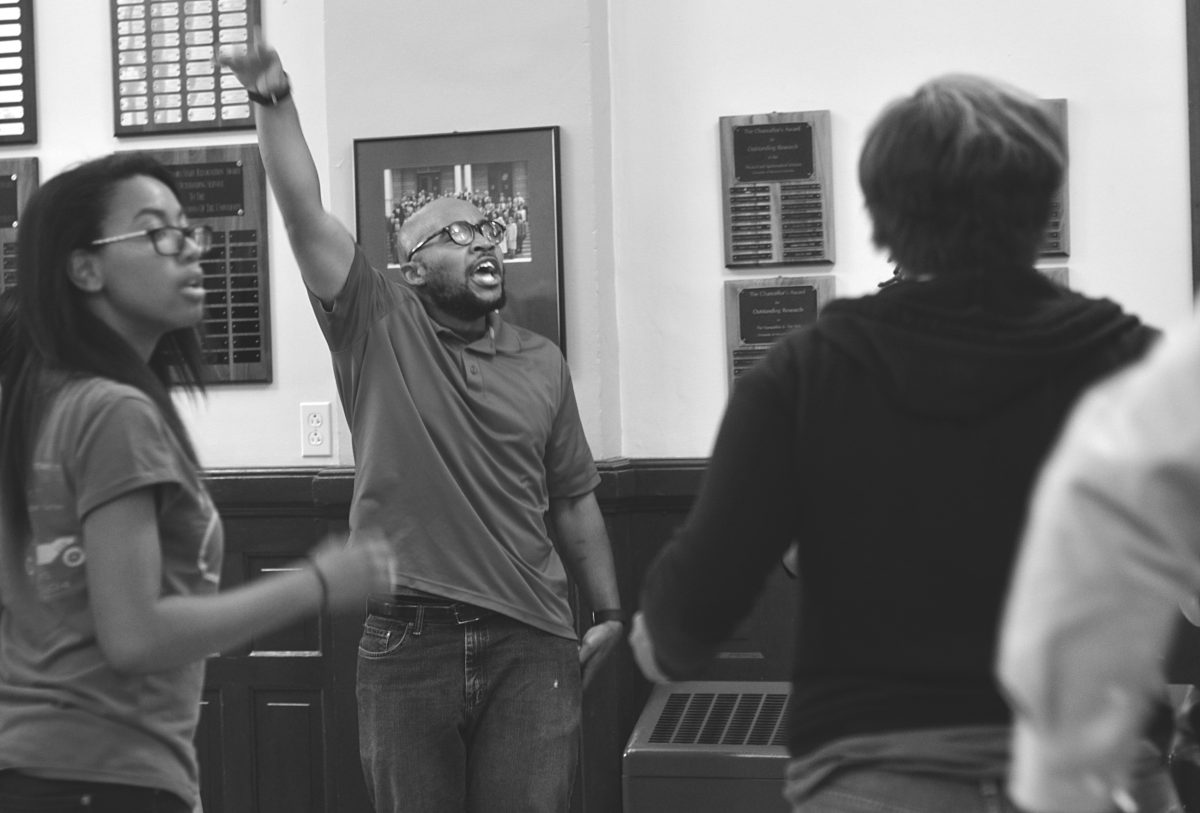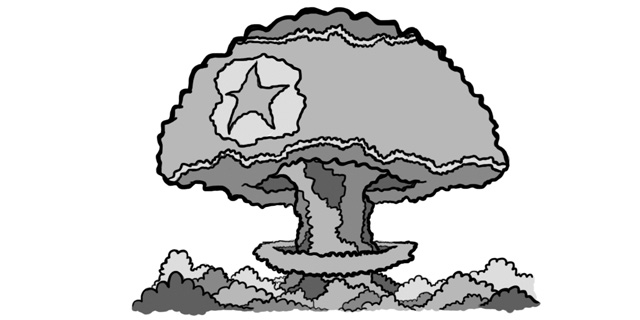
Exacerbated by the limited health care infrastructure in West Africa, the largest Ebola outbreak in history has infected over 7,400 people and caused over 3,400 deaths. In September, World Health Organization (WHO) President Dr. Margaret Chan warned that the epidemic is “the greatest peacetime challenge that the United Nations and its agencies have ever faced.”
As the number of cases increases exponentially, WHO researchers project that the virus will spread to 20,000 individuals by early November if aid efforts do not intensify. A study published in the New England Journal of Medicine (NEJM) in September suggests that Ebola will always plague West Africa.
“The current epidemiologic outlook is bleak,” the study’s authors wrote. “For the medium term, at least, we must therefore face the possibility that [Ebola] will become endemic among the human population of West Africa, a prospect that has never previously been contemplated.”
The Ebola virus causes a hemorrhagic fever that enters the human population following a jump from an infected animal and transmits from person to person through contact with bodily fluids. The disease’s symptoms include fever, headache, vomiting and—in some cases— internal and external bleeding, leading to a mortality rate of over 70% during the current epidemic, according to the WHO. No proven treatments or licensed vaccines are available for Ebola. Over the past ten months, the disease has spread from Guinea to Liberia, Sierra Leone and Nigeria.
Health care deficiencies in the region have accelerated the spread of the viral disease.
“The fact that there’s a lack of qualified doctors, the kind of specialized treatment facilities that are necessary to quarantine and treat people has made it a lot more difficult to manage,” Head of Special Projects and history and social sciences instructor Cathy Atwell said.
The evacuation of three American aid workers infected with Ebola for treatment in the United States and the ability for U.S. health officials to contain Ebola cases on U.S. soil exemplify the lack of effective care available in West Africa. On Oct. 1, the Centers for Disease Control and Prevention (CDC) confirmed the first Ebola diagnosis in the U.S. in Thomas Eric Duncan, a Liberian national visiting relatives in Dallas.
“There are core, tried and true public health interventions that stop [Ebola]. The bottom line here is that I have no doubt that we will control this importation or this case of Ebola so that it does not spread widely in this country,” Dr. Thomas Friedan, president of the CDC, explained during a press conference.
Medical care in Liberia, the country suffering from the highest number of deaths and infections, has collapsed. According to the Economist, only 50 doctors remain in the domestic medical system, serving a population of over four million. All of the country’s public hospitals have closed since the onset of the epidemic. Throughout West Africa, the sick are dying of treatable diseases because the inundated health care systems cannot accommodate them. Guards at clinics must often turn ill patients away.
Furthermore, insufficient biohazard protection has put health care workers at risk, contributing to over 150 deaths according to the findings in the NEJM in September.
Efforts over the summer to improve clinics’ facilities and equipment failed to keep pace with the rapid increase in cases. Every three weeks, the tally of infected West Africans doubles, according to the Economist. Clinics are in desperate need of beds, health care workers and basic medical supplies.
Aid agency Médécins sans Frontières (MSF), also known as Doctors without Borders, has criticized the slow international response to the epidemic. Declaring that the world is “losing the battle” to Ebola, MSF President Joanne Liu decried “a global coalition of inaction” during a United Nations hearing on Sept. 2. In response, the UN announced that combating Ebola would require $1 billion worth of supplies over the next six months. The U.S. has pledged over $750 million and 3,000 military personnel to combat Ebola, signaling the largest contribution of any country aiming to ameliorate the humanitarian crisis.
Superstition about western medicine has also created barriers to treatment. A rumor that aid workers bring the disease to villages has bred distrust in health care officials, and the lingering legacies of civil war have promoted the myth that governments are deliberately infecting citizens.
“People are already traumatized and there is a lot of distrust to be overcome: when the government says something, people don’t necessarily believe it,” international correspondent Nima Elbagir told CNN.
Mobs and riots, including an attack in August on the treatment center in Liberia’s largest slum and the slaying of a team raising awareness about the disease in Guinea, have demonstrated the suspicion of foreign aid workers and the government.
Atwell pointed out that grassroots efforts that train locals to identify signs of Ebola and organize the transportation of the sick to clinics have helped bridge communication barriers and contributed to swifter treatment in some areas.
“[The local first responders] are in a much better position to understand how to navigate those traditions and beliefs and to figure out ways to explain to people how modern medicine and responses to this outbreak don’t have to completely negate their own beliefs,” Atwell explained.

